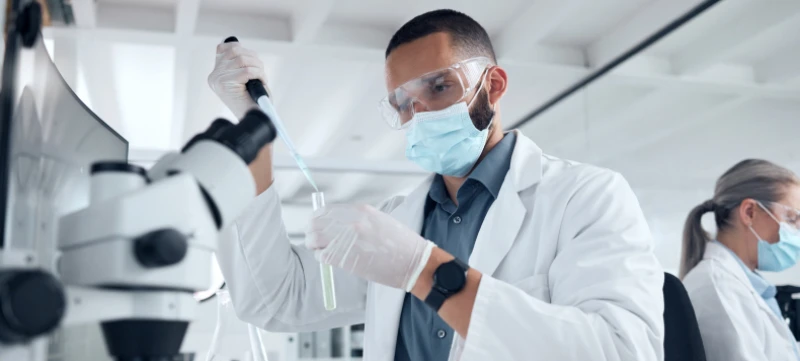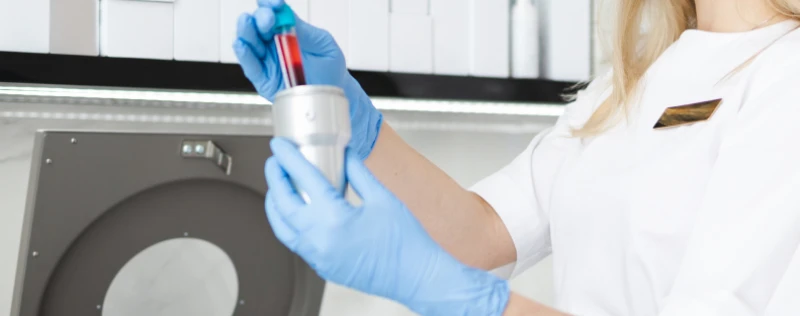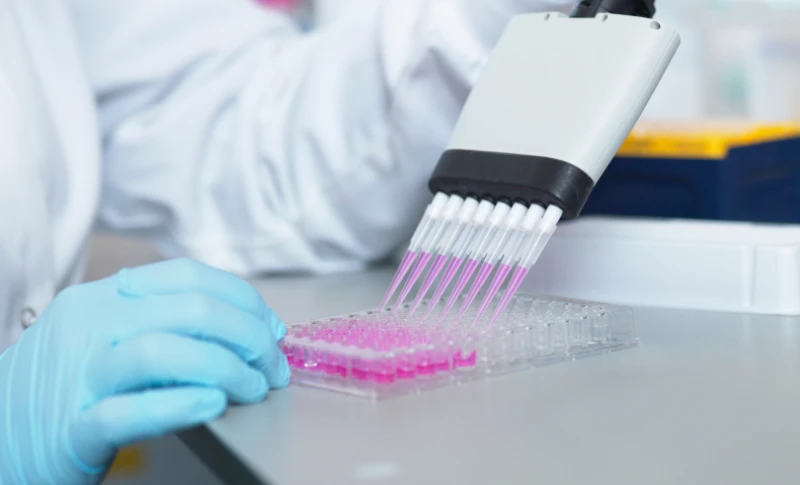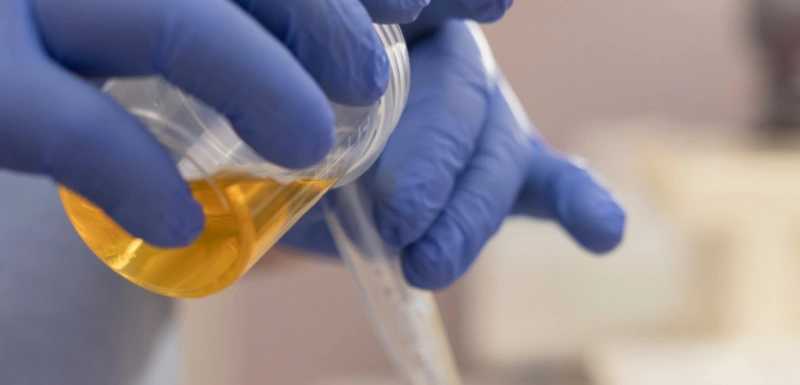



In Pain Management drug testing is done to ensure compliance with prescribed treatments or detect the use of non-prescribed medications. In Drug Rehabilitation Programs or in Medication Assisted Treatment for substance abuse, drug testing ensures that patients are taking medications as prescribed and not continuing the use of addictive drugs or alcohol. Drug testing may be used to ensure compliance with prescriptions that could be inappropriately diverted. Drug testing may be done to investigate unusual behaviors or altered levels of consciousness. Workplace or pre-employment testing and forensic toxicology are other circumstances where drug testing is used.

Urine contains most drugs and their metabolites in concentrated forms with detection times that are much longer than in blood samples. Urine is also easy to collect and transport. For these reasons, urine is the preferred specimen for drug testing. A number of validity tests are routinely performed on the urine specimen to ensure that there has been no alteration of the specimen before analysis. Blood is chiefly tested to determine the active level of a drug. This may be done to ensure that the correct therapeutic level of the drug is present. The dosing schedule is required for accurate interpretation of the result. In emergency settings, blood may be tested to investigate patients experiencing potential acute drug toxicity. Other specimen types are less commonly used in certain situations.

Drug testing usually begins with the collection of a single urine specimen for a urine drug screen. Single drugs or groups of drugs in a class are detected by immunoassays in the urine. Drug screens are calibrated at specific threshold or cutoff concentrations. Results below the threshold are considered negative and results above the threshold are considered presumptively positive until confirmed.
The specificity and sensitivity of some drug assays may vary for a particular drug. For example, immunoassays used to detect amphetamine or methamphetamine may react with pseudoephedrine, a common component in many over-the-counter cold medicines. All positive screening tests at InnovativeGx Health Laboratories are confirmed by the most widely used method, LC/MS/MS (Liquid Chromatography with Tandem Mass Spectrometry). A single positive test may only reflect recent drug use and it may not necessarily imply chronic drug use or abuse. Urine drug screens cannot accurately determine the exact time or dose of the drug taken or the degree of impairment from the drug.

Two drug screens and confirmation tests by Drug or Group are available and listed below.
The kidneys eliminate most drugs and their metabolites. Although this produces an excellent specimen for analysis, drug detection times in urine vary widely due to differences in intake, distribution, and metabolism. Intake may be by injection or absorption through the mouth, nose, GI tract or skin. Body distribution depends on the state of hydration, the circulation, how the drug is transported and how effectively it enters cells and produces its metabolic effects. Drug metabolism is an orchestra of biochemical pathways using many different enzymes that also vary genetically among individuals. The rate of metabolism may depend on exposure (occasional or habitual). The table below contains approximate detection times of drugs in the comprehensive and extended drug screens.

Our testing sample collections are simple, quick, and painless and will give you and your doctor highly accurate and rapid results that will help you choose the correct medication and treatment plan.